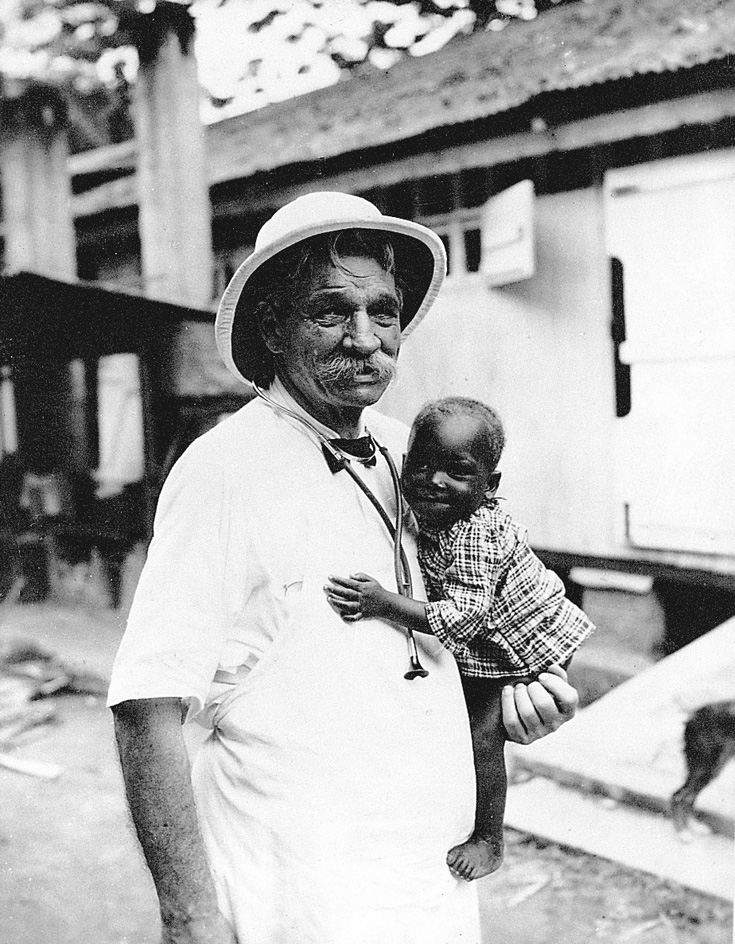Schweitzer, << SHWYT suhr or SHVYT suhr, >> Albert (1875-1965), was a brilliant philosopher, physician, musician, clergyman, missionary, and writer on theology. His accomplishments in any one of these fields could be regarded as a full life’s work for one person.

Schweitzer has been called one of the greatest Christians of his time. He based his philosophy on what he called “reverence for life” and on a deep feeling of obligation to serve humanity through thought and action. Schweitzer’s many years of work as a humanitarian won for him the 1952 Nobel Peace Prize.
His life.
Schweitzer was born on Jan. 14, 1875, at Kaysersberg, a town near Strasbourg in the region of Alsace, Germany (now France). He was educated in France and Germany. At age 21, Schweitzer decided to spend his next nine years in science, music, and preaching, and then to devote the rest of his life to serving humanity directly. Before he was 30, he had won worldwide fame as a writer on theology, as an organist and authority on organ building, as an interpreter of Johann Sebastian Bach’s works, and as an authority on Bach.
In 1902, Schweitzer became principal of St. Thomas Theological College at the University of Strasbourg. He was inspired to become a medical missionary, and studied medicine at the university. He raised money for a hospital at Lambaréné, French Equatorial Africa (now Gabon), from his parishioners and by giving concerts for the Paris Bach Society, which he had helped found. In 1913, he began serving at Lambaréné.
Schweitzer’s first consulting room was a chicken coop. Over the years, he built a large hospital and a medical station where thousands of Africans were treated yearly. Schweitzer used his $33,000 Nobel Prize to expand the hospital and establish a leper colony.

His books.
Schweitzer continued to write while in Africa. He completed in 1923 the first two volumes of his monumental work The Philosophy of Civilization. These books are The Decay and Restoration of Civilization and Civilization and Ethics. His other works include The Quest of the Historical Jesus (1906), Out of My Life and Thought (1931), and From My African Notebook (1939).
In 1949, Schweitzer spoke at the Goethe Bicentennial Convocation at Aspen, Colorado. In 1955, Queen Elizabeth II conferred the United Kingdom’s highest civilian award, the Order of Merit, on Schweitzer. In 1957, Schweitzer went on record as opposing further atomic weapons tests because of the danger of radioactive fallout to human beings. He died on Sept. 4, 1965.
